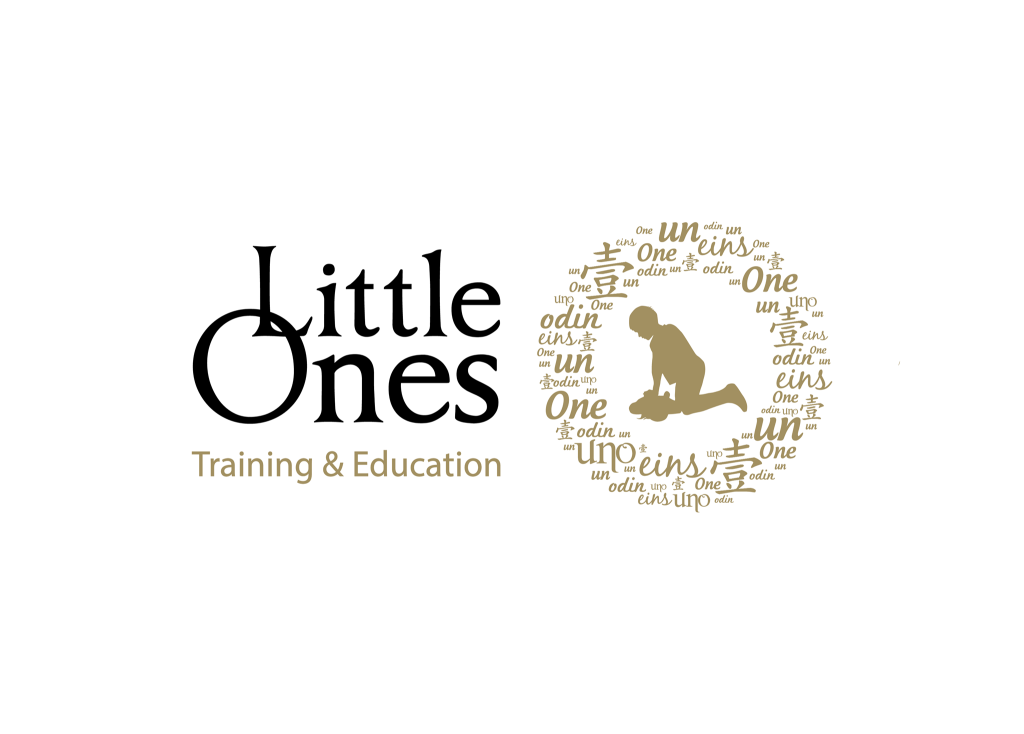I have my own company; can I pay nanny through my payroll?
No. Nannies are considered a personal employee and should not be under a company’s PAYE. Nannies should not be paid through your company, but through your own personal bank account.
Therefor you need to register yourself as an employer of a nanny and register nanny through this new company and process and submit payroll through this new company.
You can either do this yourself through HMRC or contact us at payrollfornannies.co.uk and we will then hopefully take the responsibility of doing this on your behalf






